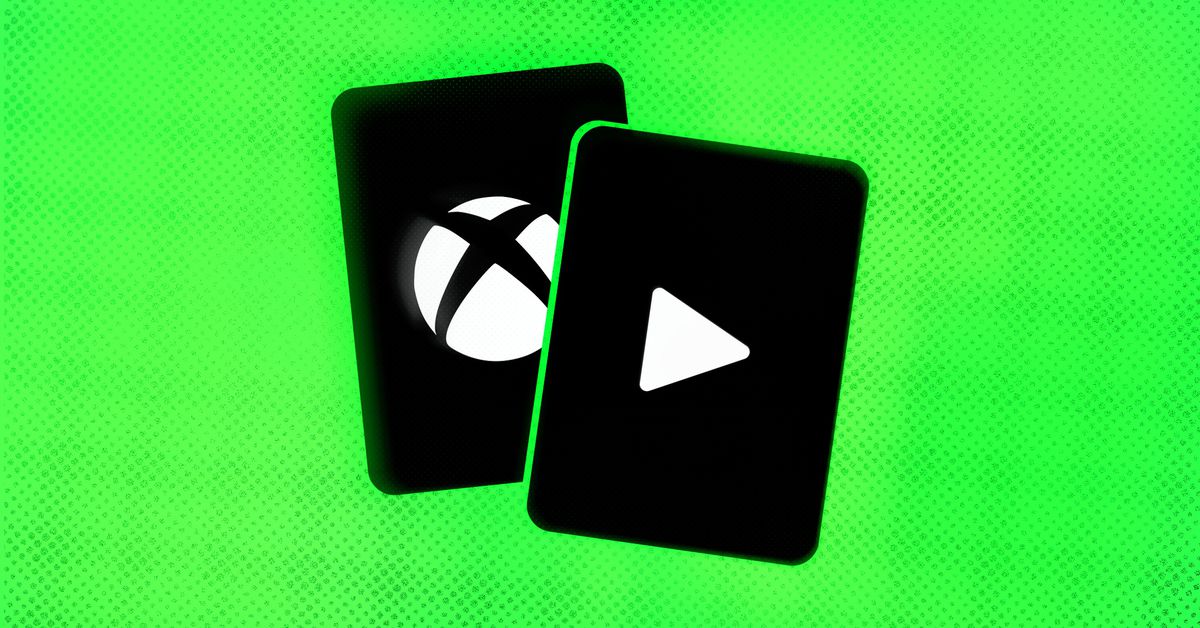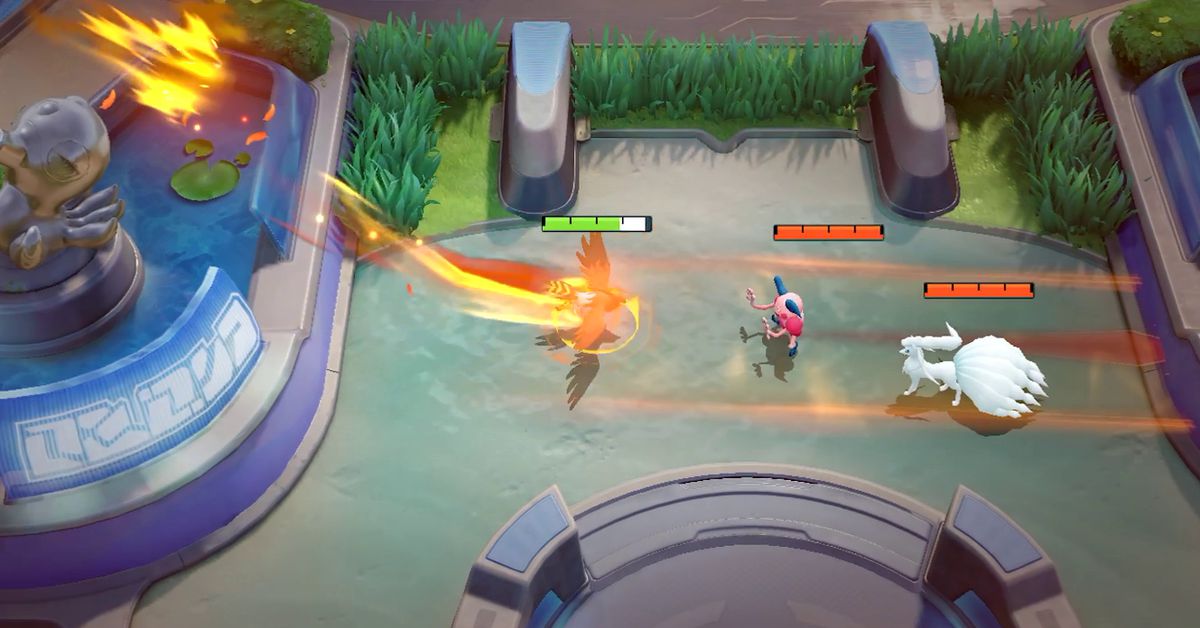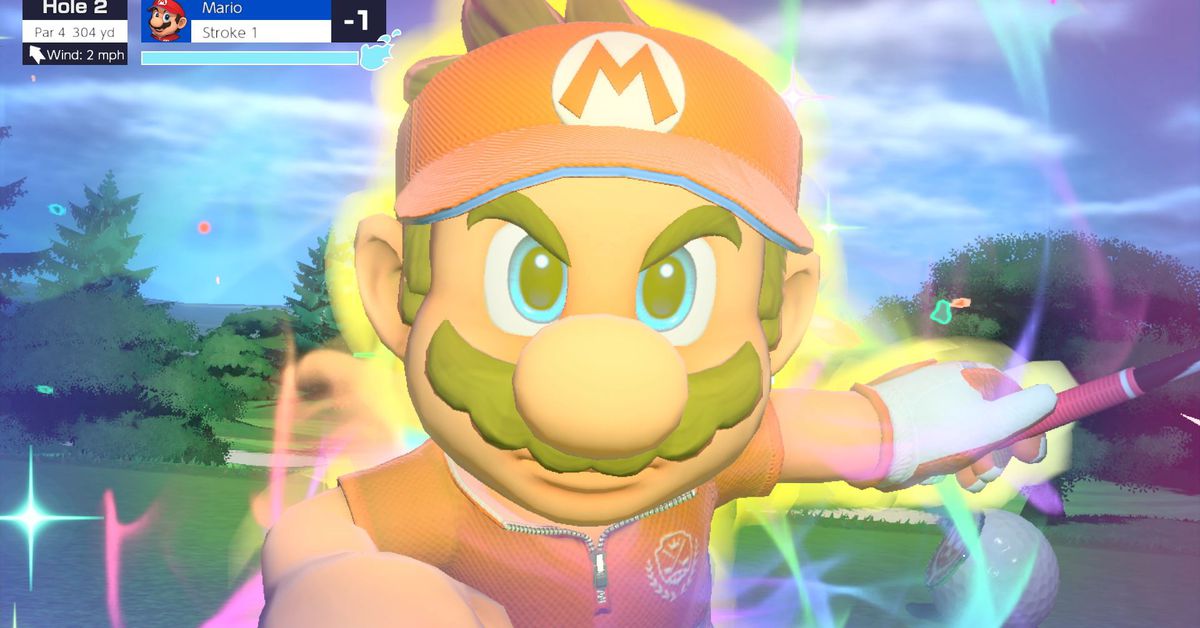When you can be in the right place at the right time, you can really make some things happen for yourself. Take, for instance, Volodymyr Kvashuk, who moved from Ukraine to the US for a career in computer science and wound up working as an engineer for Microsoft. According to a new must-read feature from Bloomberg, that was exactly the right time to turn a loophole in Microsoft’s payment testing apparatus into a multimillion-dollar Bitcoin scheme — and a sick lake house.
Kvashuk’s job was to look for flaws in how Microsoft processed payments by buying things like physical hardware using a company card and a fake login. Microsoft knew enough to not send him a Dell PC every time he ordered one, but Xbox gift cards bought online and sent to an email inbox weren’t accounted for, which was an opening Kvashuk couldn’t ignore. It was also just the thing he needed to earn a few quick millions. As Austin Carr writes:
Kvashuk started small, generating Xbox cards in increments from $10 to $100. But his haul quickly escalated. By the time federal agents caught up with him almost two years later, he had stolen more than 152,000 Xbox gift cards, worth $10.1 million, and was living off the proceeds in a seven-figure lakefront home with plans to buy a ski chalet, yacht, and seaplane. This past November, a judge sentenced him to nine years in prison.
All Kvashuk needed was a way to get a bunch of codes at once (his co-workers’ accounts would do), hide where the purchases were being made (rerouting those requests through foreign servers works), and resell the cards for cryptocurrency (a website called Paxful.com fit the bill) to get a delicious Xbox gift card crime soup going.
I’d be remiss to share more because Carr’s reporting on this story really is a fun ride. Kvashuk deploys some wonderful logic to justify his gift card operation — basically, gift card money isn’t real — which, in a way, reflects the way Microsoft and plenty of other companies have treated gift cards in the past. They obscured the actual value with point systems and hoped customers would treat the cards they bought like funny money. Kvashuk actually did — just in a way no one expected. You can read how Kvashuk did it on Bloomberg right now.




